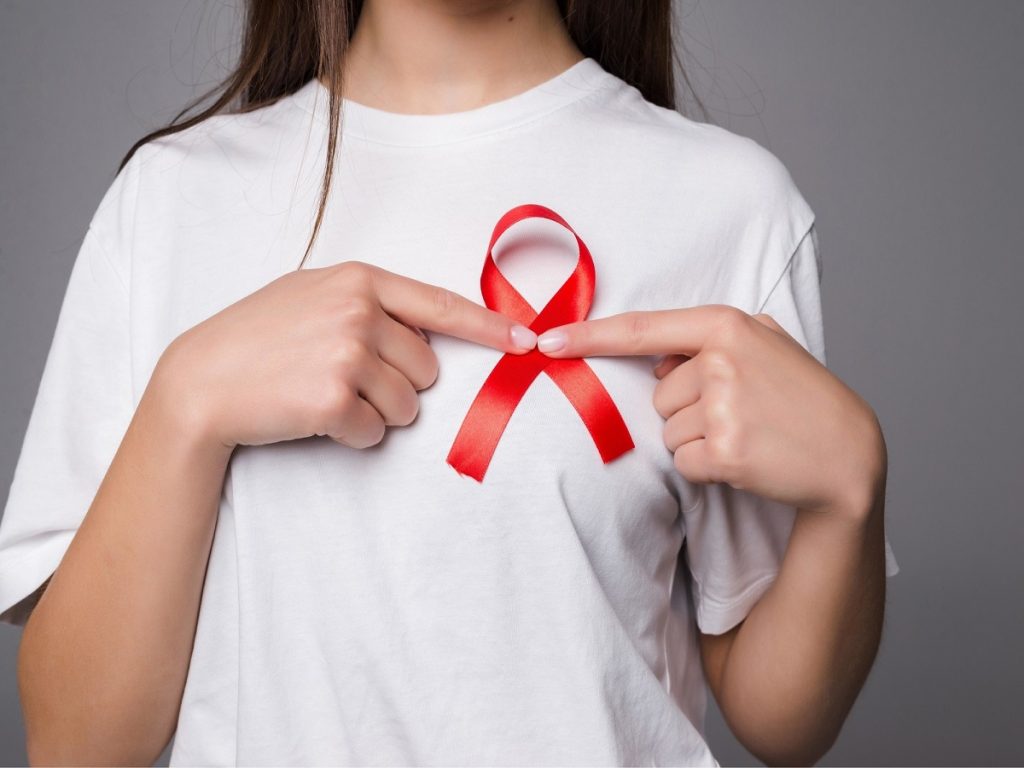The downside to starting every morning with coffee? It can impact your pearly whites in the long-term—partially because coffee’s highly acidic, which can contribute to teeth staining and erosion. Big sigh. Dentists say that doesn’t mean you need to go cold turkey, though. Ahead: The full story on how coffee impacts oral health, plus dentist-approved ways to make coffee less harmful to your teeth.
How coffee impacts your teeth
According to Michael Wei, DDS, a New York City-based cosmetic dentist, coffee negatively impacts your pearly whites in three main ways. “It contains tannins that can stain teeth, acid that can erode tooth enamel, and caffeine that can dry out the mouth, reducing saliva production and leading to an increased risk of cavities,” Dr. Wei says. “It contains tannins that can stain teeth, acid that can erode tooth enamel, and caffeine that can dry out the mouth, reducing saliva production and leading to an increased risk of cavities,” Dr. Wei says.
“It contains tannins that can stain teeth, acid that can erode tooth enamel, and caffeine that can dry out the mouth, reducing saliva production and leading to an increased risk of cavities,” Dr. Wei says.
Let’s hone in on the acidity of coffee. According to Cathy Stewart, RDH, BS, the manager of professional education South Central at Philips Oral Healthcare, coffee stands at a pH level of five. “The pH scale measures the acidity of a solution with pure water in the middle at neutral pH of seven. The lower the pH, the stronger the acid,” Stewart says. (For context, most vinegar has a pH between two and three.)
Because anything with a pH below seven can have a corrosive effect on teeth, Stewart explains that coffee acids can subsequently soften tooth enamel and chemically dissolve the outer layer, weakening and eroding the enamel over time. “If frequently consumed, coffee can lead to increased tooth sensitivity and even cavities,” she says.
What’s more, Stewart points out that most folks don’t usually consume plain ol’ black coffee—which can also lead to even further oral health complications. “The addition of sugar, creamers, and other sweetened flavorings to coffee also increases the risk of tooth decay. Sugars in these additives feed the bacteria that cause tooth decay,” Stewart says.
All of the above said, Stewart and Dr. Wei agree that the amount of coffee you drink and how often matter most—especially if you’re one to guzzle the stuff like it’s liquid gold (hi, it’s me). “For many of us, a cup of coffee starts our day,” Stewart says, highlighting that the routine, high-frequency way that many of us sip coffee is what’s most likely to be harmful to oral health.
A word on “coffee breath”
Unfortunately, your teeth aren’t the only part of the mouth that can take a hit from too much coffee acid. Yep, we’re talking about coffee breath. Ick. “Some of the compounds in coffee can interact with the bacteria in saliva and leave you with coffee breath. Coffee’s acidic nature also causes astringency, the drying effect you might feel in your mouth after having coffee,” Stewart says. “The naturally occurring tannins in coffee interact with saliva and inhibit its production—this is why drinking water after having coffee is especially important, as it can help wash away residual acids on the tooth surface and help promote healthy saliva production.”
5 tips for making coffee less harmful to your oral hygiene
1. Brush your teeth before drinking coffee
Arguably the easiest (and most important) way to prevent the damaging effects of coffee on oral health is brushing your teeth before (not after) drinking coffee. And although this may sound counterintuitive, Stewart says there’s a logical explanation. “To prevent damage to your enamel and combat staining directly caused by coffee drinking, the easiest solution is to brush prior to drinking coffee. Remember, coffee is acidic. Brushing your teeth immediately after eating or drinking anything acidic weakens tooth enamel and causes staining,” she says.
READ RELATED: Can Coffee Legitimately Make You Happier? Here’s What the Science Says
If you can’t stand the feeling of coffee breath, Stewart notes that brushing your teeth every now and then after a cup of coffee isn’t the end of the world, though she advises against making a habit out of it for the sake of your enamel. “If it happens occasionally, it’s likely to cause a micro-abrasion; however, if brushing after drinking is a daily occurrence, then enamel will be worn away over time. Enamel is not regenerated, so it is important to take steps to protect it,” Stewart says.
2. Wait at least 30 minutes after drinking coffee to brush your teeth
Although Stewart is adamant about brushing your teeth only before (we repeat, before) sipping on coffee, she notes that in the event that you must brush your teeth afterward, you should always wait at least 30 minutes before doing so. “Your mouth needs roughly 30 minutes to return to its normal state—during this 30-minute time period, your saliva will neutralize the acidity. Once your mouth is neutralized, it’s safe to brush as the enamel is not soft and prone to damage,” Stewart says.
If you’re in a serious time crunch, she recommends thoroughly rinsing your mouth with water before brushing to help clear some of the residual acids from the tooth’s surface.
3. Establish a solid oral healthcare routine
At the core of it, Stewart says healthy teeth start with establishing a solid oral healthcare routine that will go a long way for your oral health. “It’s important to maintain a healthy oral healthcare routine and keep up with routine dental visits. Additionally, I recommend patients use a power toothbrush, such as Philips Sonicare 9900 Prestige. This model has all the bells and whistles to provide quality results—it features sonic vibrations in combination with a Premium All-in-One brush head to remove up to 20 times more plaque and 100 percent stain reduction in less than two days.”
4. Use a straw to sip on coffee
Since avoiding direct contact between coffee acids and your teeth is the goal, Stewart also recommends using a straw to sip your drink. (Just don’t drink it too fast—that can lead to stomach irritation.) This will, in turn, also help reduce the staining effects of coffee.
5. Don’t forget to drink plenty of water
By now, you may know that adequate hydration is of utmost importance for regulating many bodily functions. And when it comes to oral health, it’s no different. According to Stewart, drinking ample water—these are the best types of water for dental health—not only helps keep you hydrated, but it also regulates the mouth’s pH balance and keeps enamel erosion at bay. “I recommend drinking water throughout the day, not only before and after consuming coffee. Water can help neutralize the acids in your mouth, clearing any potential residue from food and drink during the day,” Stewart says. You can nosh on a few other foods that are good for your teeth while you’re at it.
The story on stain removal
Stewart says that it’s best to speak with a dental health professional before trying whitening products to see if they’re right for you. “If you notice staining, you can use ask your dental professional about whitening products, such as toothpastes or solutions. These products sometimes feature chemicals designed to get rid of discoloration but can also be abrasive on teeth, so it is important to check with your dental professional before regular use,” she says.
An RD shares the benefits of drinking coffee:
Source





